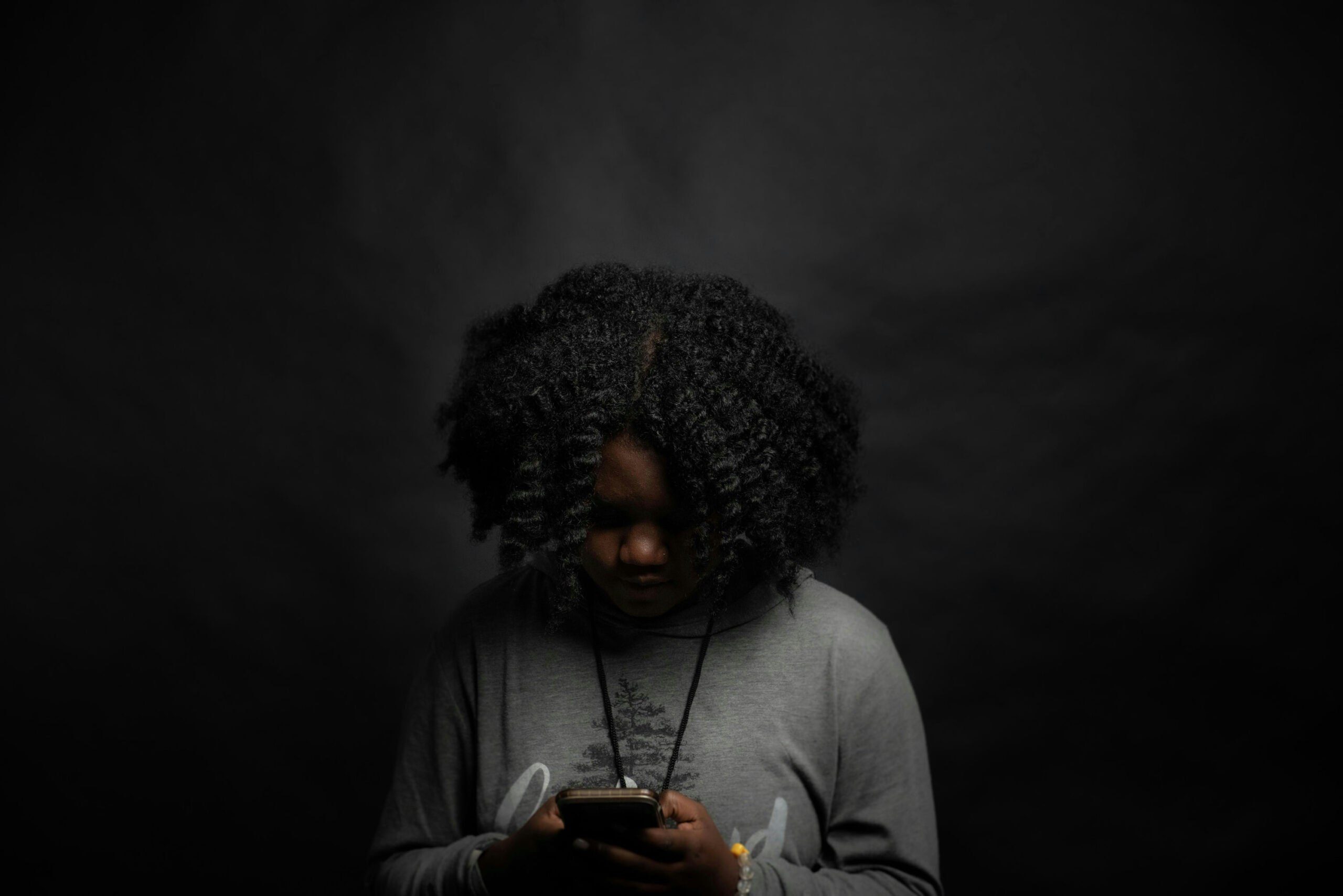In the era of digital connectivity, social media has woven itself into our daily lives. While these platforms can offer great opportunities for connection and self-expression, their influence on mental health can a bittersweet. This blog post aims to explore the intricate relationship between social media and mental wellbeing.
The Allure of Social Media
Social media platforms provide a virtual stage for sharing experiences, building connections, and expressing creativity. However, the curated nature of content can create a digital vision that doesn’t always reflect the complexities of real life.
Social Comparison and Self-Esteem
The culture of comparison on social media can cause difficulties and contribute to low self-esteem. Constant exposure to curated highlights of others’ lives may foster unrealistic expectations and striving for what it seems others have, thus, leading to feelings of inadequacy in ourselves and our lives.
Fear of Missing Out
Social media often amplifies the fear of missing out on social events, achievements, or experiences. This fear can contribute to anxiety and a sense of exclusion, especially when scrolling through carefully thought out timelines. It can also create an anxiety in us about our relationships with others.
Cyberbullying and Mental Health
The dark side of social media includes cyberbullying. Online harassment and negativity can have severe consequences on mental health, leading to increased stress, anxiety, and even mental health difficulties. It can also leave our young people exposed to becoming incredibly vulnerable.
Validation and the Like Button
Validation through likes and comments can become a significant source of emotional well-being. However, reliance on external validation may impact self-worth, as we may tie their value to online approval. This can be problematic if we do not get the likes/attention we desire online as we may begin to question ourselves.
Filtering Reality
Social media filters allow us to alter appearances and present an idealised version of ourselves. This digital alteration of reality can contribute to body image difficulties and distort our perceptions of beauty and self-acceptance. This also applies to how we may filter out the realities of life and only post the positive parts. Again, constant exposure to this may distort our perceptions of what life should look like.
Digital Detox and Mental Reset
Recognising the potential pitfalls of excessive social media use and taking intentional breaks or digital detoxes can be a powerful tool for mental reset. Creating boundaries and reclaiming real-life experiences is crucial for maintaining balance. This includes real-life interactions with others.
Positive Aspects of Social Media
Whilst acknowledging the challenges, it’s essential to recognise the positive impact social media can have. Platforms can provide support communities, amplify mental health awareness, and connect individuals with shared experiences. Sometimes, it is not possible to get this in our day-to-day lives.
Mindful Social Media Use
Cultivating mindful social media habits involves conscious awareness of its impact on our mental health. Setting time limits, curating a positive online environment, and unfollowing accounts that trigger negative feelings are steps towards mindful use.
As we navigate the digital landscape, it’s crucial to recognise the nuanced impact of social media on mental health. By fostering awareness, practicing mindful engagement, and prioritising authentic connections, we can harness the positive aspects of social media whilst safeguarding our mental well-being.
